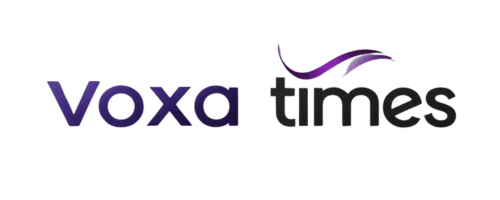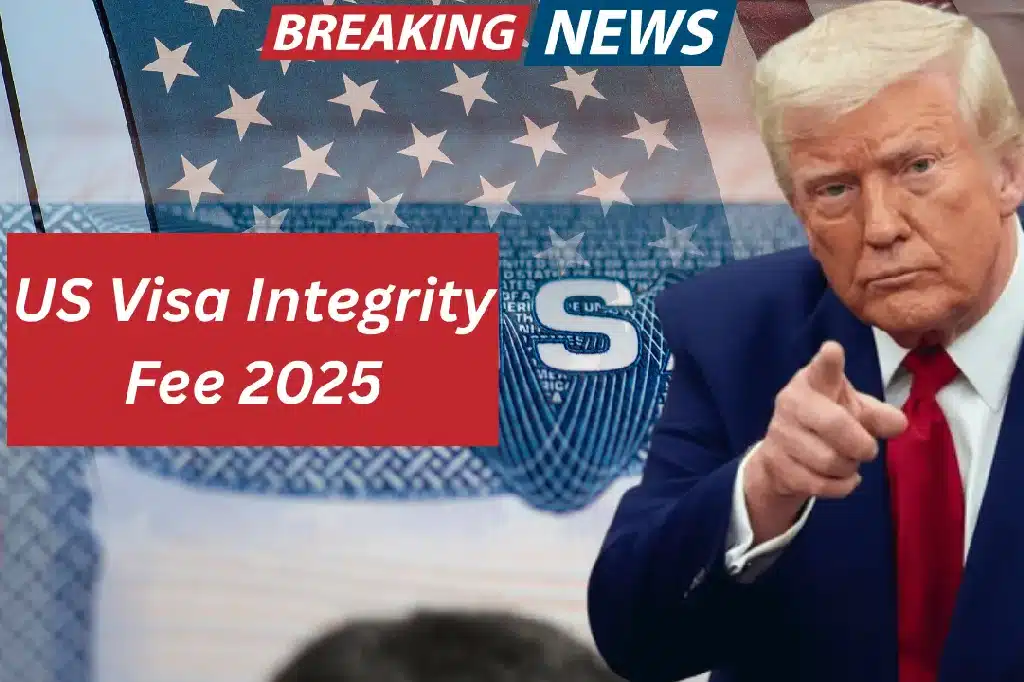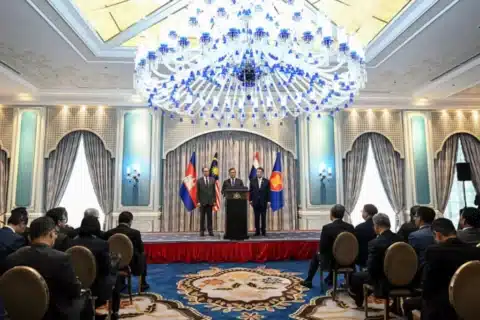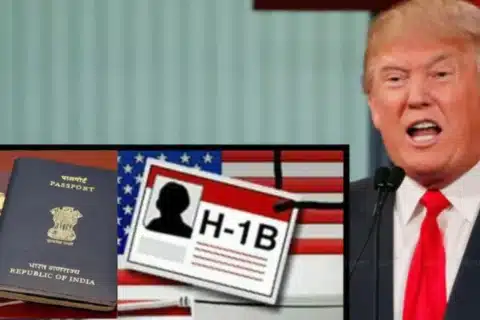Foreign travelers planning to visit the United States could soon face an additional visa expense as a new proposal—informally dubbed the “Visa Integrity Fee”—enters political debate ahead of the 2024 U.S. presidential election.
Introduced by former President Donald J. Trump during a recent campaign rally, the initiative proposes a $250 surcharge on most categories of non-immigrant visa applicants, including tourists, students, and business visitors. The proposal has sparked immediate international attention and raised concerns among travel, education, and tourism stakeholders.
What Is the Visa Integrity Fee?
According to Trump, the proposed fee would be a one-time charge imposed at the point of application, intended to help cover the costs of visa enforcement, border security, and overstayed visa investigations. The former president described the initiative as part of a broader push to “protect America’s immigration system” and ensure that temporary visitors comply with their visa conditions.
“We will build the most beautiful bill you’ve ever seen — and they will pay for it before they even land,” Trump said, using a slogan reminiscent of his previous campaign rhetoric.
Who Would Be Affected by the $250 Fee?
If enacted, the Visa Integrity Fee would apply to:
- Tourist visas (B-2)
- Business visas (B-1)
- Student visas (F-1, M-1)
- Exchange visitor visas (J-1)
- Potentially other non-immigrant categories
Though final details have not been formalized, the proposal could impact travelers from both visa-exempt and visa-required countries, particularly those from nations with historically high visa overstay rates.
Concerns from the Travel and Education Sectors
Industry experts have expressed concern over the fee’s potential impact on tourism and education:
- International tourism boards fear the added cost could discourage middle-income travelers from visiting the U.S.
- U.S. universities and colleges, already seeing rising competition from Canada and Australia, warn this could further deter international students, who contribute billions to the U.S. economy.
- Immigration advocates suggest the policy may create a perception of unwelcomeness, especially among applicants from the Global South.
Background: Trump’s Immigration Legacy
This proposal aligns with Donald Trump’s broader immigration stance, which includes:
- Tightening visa regulations
- Introducing travel bans during his first term
- Emphasizing “America First” policies that often restructured visa categories and application criteria
Trump’s reelection campaign has repeatedly emphasized border security, and this latest fee is being framed as a cost-sharing measure that places more financial responsibility on applicants.
Global Reactions and Diplomatic Concerns
Some international governments have already expressed hesitation. Diplomats from European and Asian nations noted that such a fee could:
- Strain bilateral relations
- Prompt reciprocal visa measures
- Affect future visa-waiver negotiations
Meanwhile, organizations such as the U.S. Travel Association and NAFSA (Association of International Educators) are preparing to lobby against the measure, calling it both “punitive” and “harmful to American interests.”
Is It Official Yet?
As of now, the Visa Integrity Fee is not law. It remains a policy proposal floated by the Trump campaign. Any actual implementation would require Congressional approval or regulatory changes through the U.S. Department of State — both of which involve lengthy processes.
However, observers believe that if Trump wins reelection in November 2024, this policy may quickly be pushed forward through executive action or budget proposals.
Conclusion
The potential $250 Visa Integrity Fee has stirred a debate about immigration fairness, economic impact, and the image of the United States abroad. While it is still in the proposal stage, travelers, students, and business professionals worldwide are already taking note.
As the 2024 U.S. presidential election approaches, the fee is shaping up to be more than just a number — it’s becoming a symbolic flashpoint in the global conversation around mobility, diplomacy, and immigration reform.




